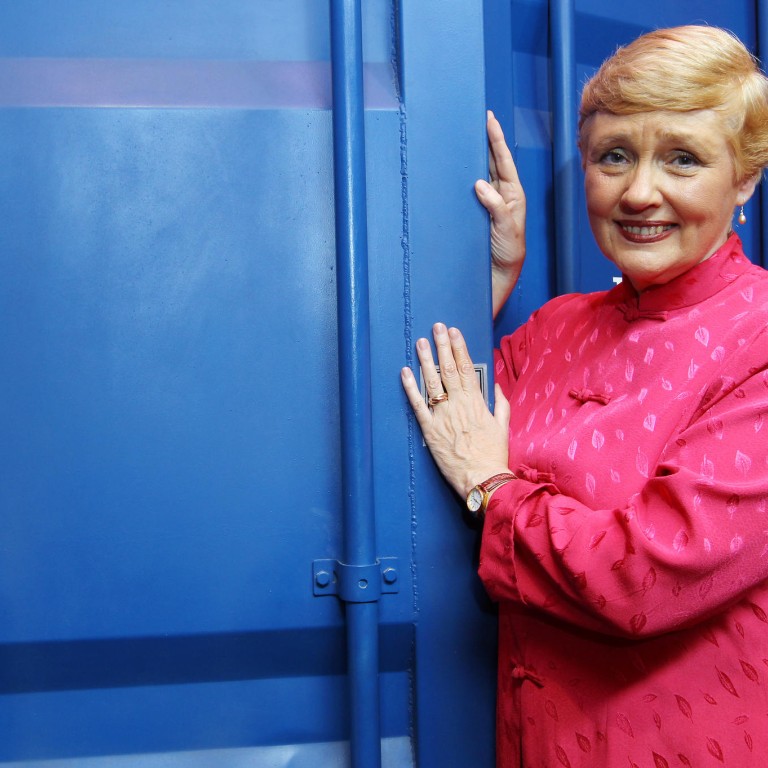Sally Begbie: The charity founder with a humble need to serve

One humanitarian is driven to improving the lives of impoverished people in Hong Kong and worldwide, writes Marie Incles
Asked how she stays so upbeat when faced daily with the enormity of global need, Sally Begbie remains contemplative but energised, affected but realistic.
"You have to be as wise and thoughtful as you can be, because it's as possible to get it wrong as get it right. At the times you doubt, you just listen, particularly to those you are trying to serve," she says.
Begbie, a public relations consultant, and husband Malcolm, a chartered accountant, set up the Crossroads Foundation in 1995.
"We never set out to create an NGO. We honestly thought the world had enough worthy causes already. But when Crossroads began, we couldn't stop it and here we are today," she says.
The couple were initially working pro bono, offering their accountancy and communications skills to support existing NGOs. In 1995, following the floods in northern China, one of the NGOs asked for blankets and clothes as opposed to the usual budget help and media coverage. They were able to put together 19 boxes of donations. They were asked for more, while the donations kept coming. The second round saw 72 boxes sent out. Next they sent 136, then 248. "We could not stop the work from growing," Begbie says.
Hong Kong's Social Welfare Department advised them to register as a charity and, from 19 boxes and an initial six-room building, the foundation has grown to a team of more than 65 volunteers living at Crossroads Global Village, a 5.66-hectare site at a former army barracks in Tuen Mun. The foundation has enough goods to fill 150 containers to be shipped to 100 countries.
Today, the charity has four main arms for improving the lives of impoverished people around the world and in Hong Kong, where 50 per cent of their aid is distributed.
One branch is the Global X-perience: themed, immersive environments where people can experience first-hand situations of global need, including a refugee run, an Aids community, and life as a blind person. Each experience leaves participants in poignant reflection; many men and women have cried after taking part.